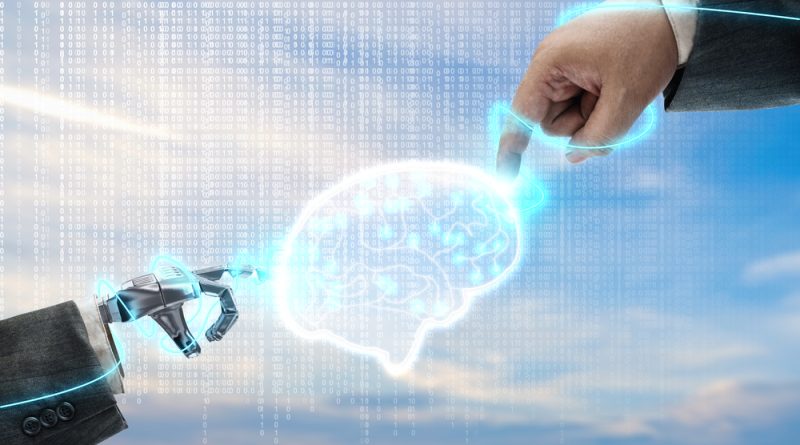Workers Using AI to Flood Businesses With Costly Employment Lawsuits
The rise of artificial intelligence (AI) is transforming the legal landscape, with frustrated employees increasingly using AI tools to file inaccurate and excessive employment lawsuits, experts warn. Lawyers have reported a growing trend of litigants using AI-generated legal claims, leading to a surge in inconsistent, lengthy, and often baseless argumentsthat are driving up legal costs for businesses.
AI-Generated Lawsuits Overwhelming Businesses
Legal professionals say the use of AI in employment disputes is clogging the system with flawed claims. AI-generated submissions often lack legal accuracy, forcing employers to spend significant resources responding to them.
Ailie Murray, an employment partner at Travers Smith, highlighted the issue, stating:
“AI submissions are often excessively lengthy and full of inconsistencies. In many cases, the AI-generated output is inaccurate, leading to claimants pleading invalid claims or arguments.”
Despite the inaccuracies, employers cannot ignore these cases, leading to prolonged and costly legal battles that risk overburdening employment tribunals already struggling with case backlogs.
Growing Legal Concerns Over AI Use in Litigation
The issue is not confined to the UK. Courts across the United States have encountered multiple instances of AI-generated legal fiction, forcing judges to discipline or question lawyers in at least seven cases in the past two years, according to Reuters.
The problem became so severe that Morgan & Morgan, a major US law firm, recently warned staff that AI could fabricate fake case law, potentially leading to dismissal. This followed a case where a judge threatened to sanction two lawyers for including fictitious legal citations in a lawsuit against Walmart.
James Hockin, an employment partner at Withers, emphasized that AI-powered legal claims could mislead claimants:
“There is a risk that unrepresented individuals pursue the wrong claims in the UK employment tribunal off the back of a duff result from an AI tool.”
Moreover, confidentiality concerns are emerging as employees unknowingly upload sensitive company data into AI platforms, which could breach employment contracts and create serious legal risks.
AI’s Disruptive Influence on Hiring and Employment
The impact of AI is also being felt in recruitment, as businesses struggle to distinguish genuine applicants from AI-enhanced job seekers. Toby Fowlston, CEO of recruitment firm Robert Walters, warned that AI has enabled job seekers to automate mass applications, making it harder for employers to assess a candidate’s true skills and experience.
“As a candidate, you can go to bed, put your details into AI, and it can punch out 500 applications for you overnight,”Fowlston said.
“The flip side is that it’s hard to know what the truth is.”
A survey by the Chartered Management Institute found that half of UK managers suspect AI is being used in job applications, raising concerns that candidates could be misrepresenting their abilities.
The Future: Managing AI in Employment and Law
While AI offers efficiency in legal and hiring processes, its misuse is creating significant challenges for businesses, legal professionals, and recruitment teams. As AI tools become more advanced, employers, courts, and regulators may need to introduce stricter guidelines to mitigate the risks of AI-generated misinformation in employment disputes and hiring practices.
With AI’s role in the workplace expanding, experts warn that businesses must prepare for an era where both legal and hiring processes require greater scrutiny, balancing the advantages of AI-driven efficiency against the risks of misuse and deception.
Photo Credit: DepositPhotos.com

